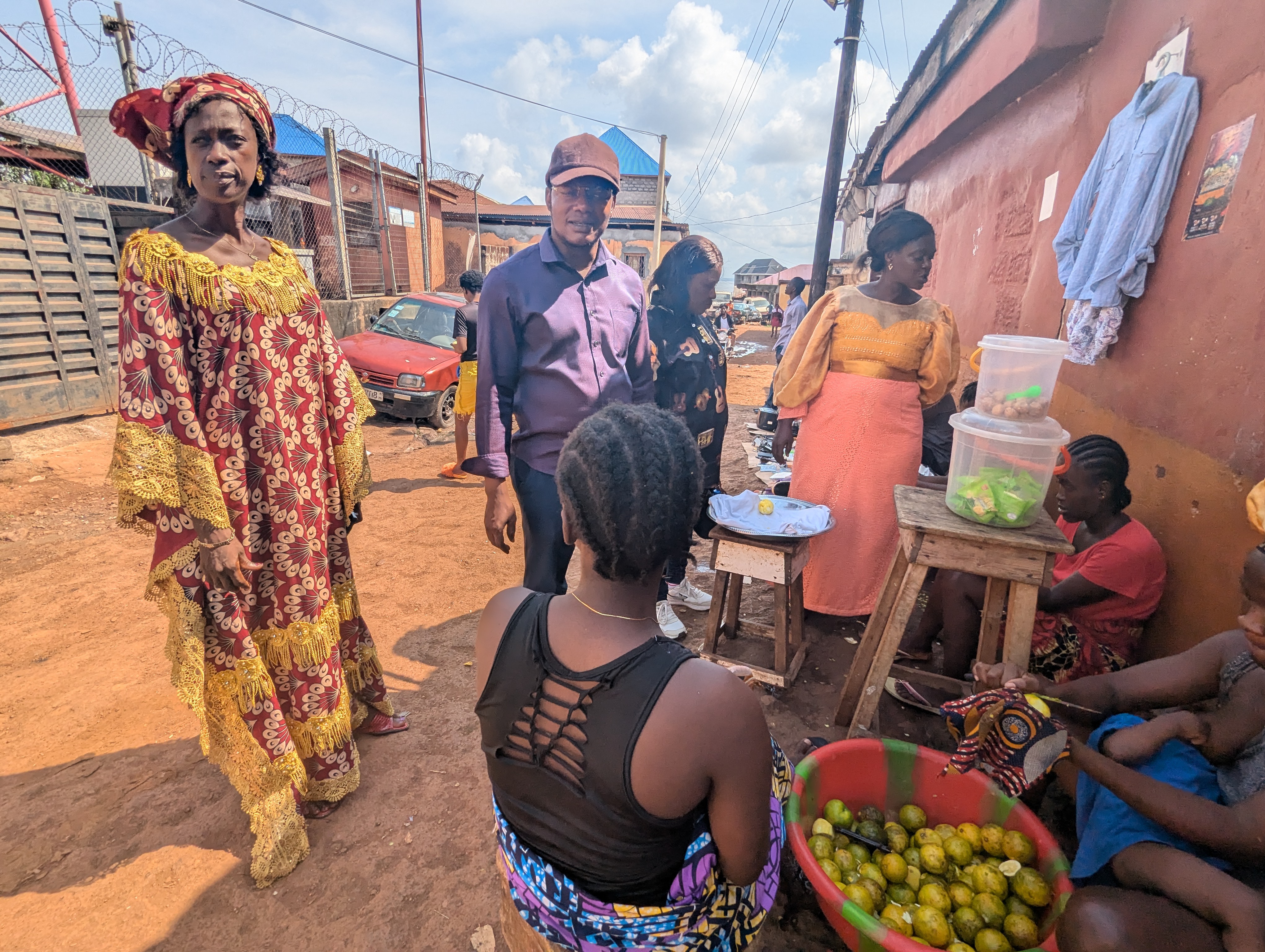Search
Region
Country
Type
Los días 15 y 16 de mayo se llevaron a cabo las elecciones en Chile —que fueron postergadas dos veces1— para elegir 155 representantes de la Convención Constitucional (que sesionará a partir de julio por entre 9 y 12 meses para redactar una nueva constitución cuya aprobación será sometida a un referéndum con voto obligatorio); 13 gobernadores regionales —primera vez que se eligen y no son designados por el Presidente de la República—; 345 alcaldes o alcaldesas; y, concejales de esa
What has happened to elections in Latin America in the context of the Covid-19 pandemic? How have the electoral management and judicial bodies faced the various challenges of the health crisis? Which best practices and lessons have been implemented to defend democracy in the region?
The need for physical distancing during this Covid-19 pandemic has raised the need for innovative campaign methods to be developed by election contestants because conventional campaign methods such as rallies, public meetings, etc. are prohibited in some jurisdictions.
There’s no denying that money plays an important role in politics. However, if the flow of money in politics, commonly known as political finance, is not well regulated, the danger is that this can mean that influence and political power are concentrated in the hands of a select few. There are already several systemic, cultural, educational, and legal barriers to the inclusion of women, people with disabilities, LGBTI individuals and young people in politics.
Systemic and legal barriers to equal political participation persist at all levels and take different forms, including unfavourable electoral systems, lack of support from political parties, socio-economic, and cultural.
En el webinario que IDEA Internacional organizó en colaboración con el Observatorio para la Nueva Constitución, Centro Democracia y Comunidad, Chile 21, Horizontal, Instituto Libertad y Rumbo Colectivo, y que se celebró el día 30 de marzo de 2021, los panelistas discutieron experiencias de distintos órganos constituyentes desde una perspectiva comparada, centrándose sobre todo en los desafíos que se tuvieron que encarar y las innovaciones en términos de diseño del proceso constitucional que s
Elections were held in Chile on 15 and 16 May 2021—after being postponed twice[1]—to elect 155 delegates to the Constitutional Convention (which will meet as of July for 9 to 12 months to draft a new constitution whose adoption will be subject to a referendum with compulsory voting); 13 regional governors—the first time governors will be elected rather than designated by the President of the Republic; 345 mayors; and local
The second webinar of the Democratic Development in Melanesia Webinar Series held on 20 May 2021 presented the main findings of a recent study by International IDEA and its partner, MEMO 98, a Slovak non-profitmedia-monitoring organization, investigating how women politicians of Fiji are treated on Facebook.
A Memorandum of Understanding (MoU) was signed between the Parliament of Mozambique and the International Institute for Democracy and Electoral Assistance (International IDEA) in Maputo, Mozambique, today.
The MoU is valid for 30 months and establishes the principles and areas of cooperation between the two institutions, namely, among others:
Indigenous communities should be able to vote using the voting methods they choose, especially during a pandemic. Online voting is a method many Indigenous communities have deployed in recent years and others are looking to use.
The Centre for Education and Training (CET) of the Indonesian Ministry of Foreign Affairs and International IDEA organized a training webinar on 27 April 2021, for 90+ Indonesian diplomats on the challenges and opportunities to democracy in the world's key regions. The webinar was part of an initiative that International IDEA offers to its Member States with training modules on a variety of democracy topics for their Diplomatic Training Programmes.
La República de El Salvador atraviesa por una grave crisis institucional. Desde IDEA Internacional deploramos los eventos del sábado 1 de mayo, cuando la Asamblea Legislativa, con el apoyo expreso del presidente Nayib Bukele, destituyó a los cinco magistrados de la Sala de lo Constitucional y al Fiscal General.
أحدث الفصل ٤٩ من الدستور تغييراَ جذرياً في منظومة حماية حقوق الإنسان في تونس، إذ يكاد يكون المادة الجامعة الوحيدة في الدساتير العربية التي تضع الشروط والمعايير المتعلقة بتنظيم الحقوق والحريات وضبط إطار لتدخّل المشرع ومختلف السلط العمومية بالاستناد إلى مبدأ التناسب بين ضوابط تقييد الحقوق وموجباتها.
¿Qué ha sucedido con las elecciones en América Latina en el contexto de la pandemia por la Covid-19? ¿Cómo han enfrentado los organismos electorales los diversos retos que presenta la crisis sanitaria? ¿Cuáles son las mejores prácticas y las lecciones aprendidas que se han implementado para defender la democracia en la región?
Modern constitutions typically contain a variety of provisions on language.
The SDG 16 Data Initiative organized an online event on 27 April to monitor current trends on the progress of SDG 16 and assess the effects of the pandemic on the global achievement of Peace, Justice and Accountable Institutions.
أحدث الفصل ٤٩ من الدستور تغييراَ جذرياً في منظومة حماية حقوق الإنسان في تونس، إذ يكاد يكون المادة الجامعة الوحيدة في الدساتير العربية التي تضع الشروط والمعايير المتعلقة بتنظيم الحقوق والحريات وضبط إطار لتدخّل المشرع ومختلف السلط العمومية بالاستناد إلى مبدأ التناسب بين ضوابط تقييد الحقوق وموجباتها.
The International Institute for Democracy and Electoral Assistance (International IDEA) in the presence of our Melanesian Partners held the first webinar of the Democratic Development in Melanesia Webinar Series 2021 on 31 March. The webinar’s topic was “Electoral System of Fiji: Electoral Formula and Ballot Paper Design”. This webinar focused on Fiji and it was designed to help iron out misunderstandings and misgivings about the electoral system in place in Fiji.
Countries often amend their constitutions or enact new ones following major political events, such as the founding of newly independent states, the fall of an authoritarian regime or the end of violent conflict.
Significant constitutional reform at a crucial moment is often a high-stakes process because a constitution regulates access to public power and resources among different groups.
